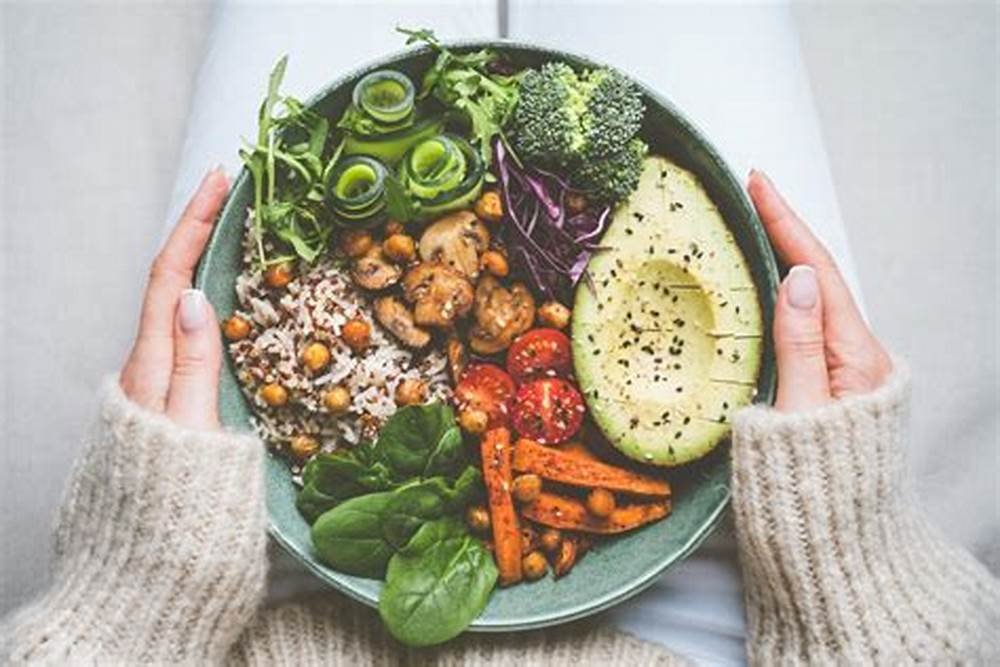Adopting a vegetarian or vegan diet can provide numerous health benefits, including reduced risks of chronic diseases and improved overall well-being. However, it’s crucial to ensure that you receive all essential nutrients. This guide will explore key nutrients that might be lacking in plant-based diets and how to incorporate them into your meals.
1. Understand Key Nutrients
a. Protein
While many people worry about protein intake on vegetarian and vegan diets, it’s quite manageable with proper planning. Include a variety of protein sources, such as:
- Legumes: Beans, lentils, and chickpeas are excellent sources.
- Nuts and Seeds: Almonds, chia seeds, and hemp seeds provide healthy fats and protein.
- Whole Grains: Quinoa, farro, and brown rice contain protein along with carbohydrates.
b. Iron
Iron is vital for oxygen transport in the body. Plant-based sources of iron are less easily absorbed than animal sources, so consider these tips:
- Include Iron-Rich Foods: Spinach, lentils, tofu, and fortified cereals are great choices.
- Enhance Absorption: Consume vitamin C-rich foods (like citrus fruits and bell peppers) with iron sources to boost absorption.
c. Vitamin B12
Vitamin B12 is primarily found in animal products, making it challenging for vegans to get enough. To ensure adequate intake:
- Fortified Foods: Look for plant-based milk, cereals, and nutritional yeast fortified with B12.
- Supplements: Consider taking a B12 supplement if you’re not consuming enough fortified foods.
d. Omega-3 Fatty Acids
Omega-3 fatty acids support heart and brain health. While plant sources differ from those in fish, you can still get enough through:
- Flaxseeds: Ground flaxseeds are an excellent source.
- Chia Seeds: These tiny seeds pack a nutritional punch.
- Walnuts: A great snack that provides healthy fats.
e. Calcium
Calcium is essential for bone health. Vegetarians and vegans can find calcium in:
- Leafy Greens: Kale, collard greens, and broccoli offer good amounts of calcium.
- Fortified Foods: Choose fortified plant-based milk and juices.
- Tofu: Opt for calcium-set tofu to increase your intake.
f. Zinc
Zinc plays a crucial role in immune function and wound healing. Ensure sufficient zinc intake by including:
- Legumes: Chickpeas, lentils, and beans are rich in zinc.
- Nuts and Seeds: Pumpkin seeds and cashews can contribute significantly.
- Whole Grains: Quinoa and oats also provide zinc.
2. Plan Balanced Meals
a. Variety is Key
Incorporate a wide variety of foods in your diet to ensure you’re getting all necessary nutrients. Aim for colorful fruits and vegetables, different whole grains, and a mix of legumes and nuts.
b. Meal Prep
Preparing meals in advance can help you stay on track with your nutrient intake. Create balanced meals that include a protein source, healthy fats, and plenty of vegetables.
3. Monitor Nutrient Intake
a. Keep a Food Journal
Tracking what you eat can help you identify any nutrient gaps. Use apps or journals to monitor your daily intake of essential nutrients.
b. Get Regular Check-Ups
Regular health check-ups can help you assess your nutrient levels. Blood tests can check for deficiencies, allowing you to adjust your diet or take supplements as needed.
4. Consult a Nutritionist
a. Seek Professional Guidance
If you’re unsure about your nutrient intake, consider consulting a registered dietitian or nutritionist. They can provide personalized advice based on your dietary preferences and lifestyle.

5. Conclusion
Adopting a vegetarian or vegan diet can be a healthy choice, but it’s essential to ensure you’re getting all necessary nutrients. By focusing on key nutrients, planning balanced meals, and monitoring your intake, you can enjoy the benefits of a plant-based diet while maintaining optimal health. Remember, variety is essential, so experiment with different foods to create enjoyable and nutrient-rich meals.


